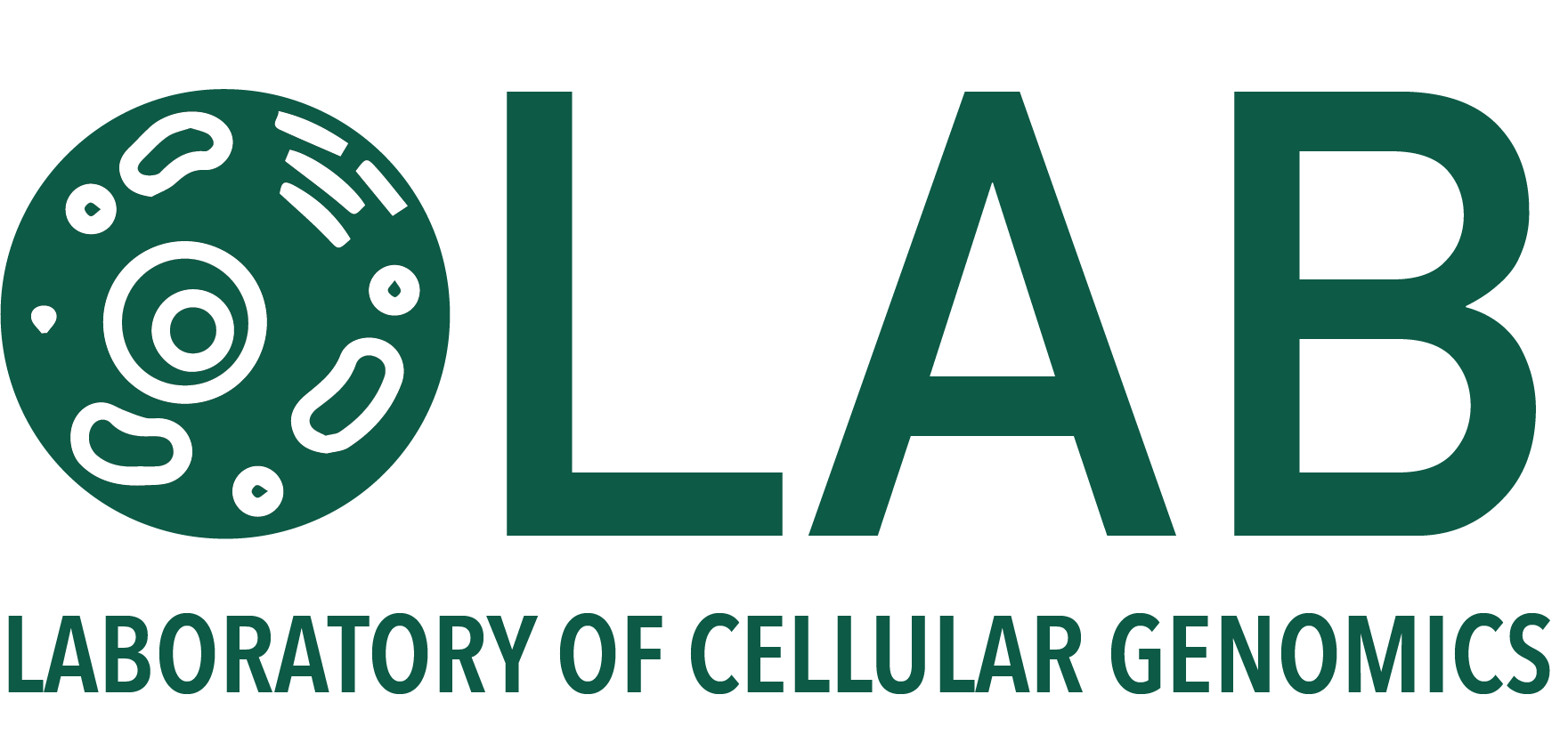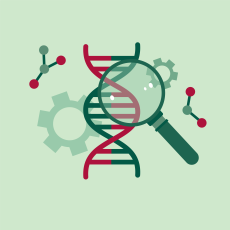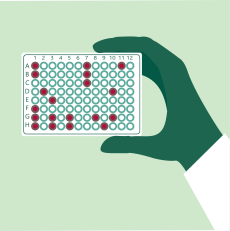RESEARCH AREAS
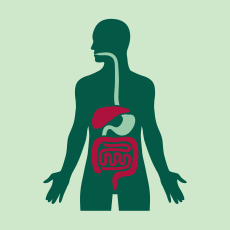
Gut-liver axis
We are investigating the bidirectional crosstalk between the liver and the intestine, focusing on the role of resident microbiota. We explore how shifts in bacterial composition and changes in intestinal physiology affect liver cells and how liver health contributes to homeostasis in the gut.
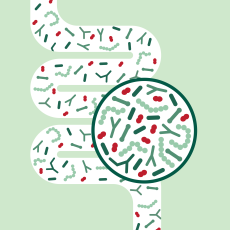
Microbiota-derived metabolites
We are exploring the role of microbiota-derived metabolites in the host physiology. We focus on the molecular mechanisms by which metabolites affect cellular functions.
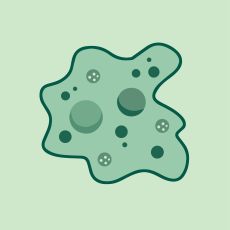
Chronic inflammation
We are interested in the mechanisms underlying chronic inflammatory processes accompanying organ fibrosis, metabolic syndrome and autoimmune disorders. Particularly, we are focusing on the role of stromal cells and their interactions.
KEY APPROACHES
Multi-omics
We are developing and adopting sequencing-based methods to comprehensively study host cellular phenotypes and microbiota states (single-cell RNA-seq, ATAC-seq, ChIP-seq, metagenomics). We complement and integrate these data with metabolomics to generate comprehensive multimodal characterisation.
Genetic screening
To identify molecular mechanisms underlying interactions between the host and the microbiota, we are establishing in vitro high-throughput screening methods in cell lines and organoids.
Data mining
We use and develop advanced bioinformatics approaches to generate insights and predictions from our multi-omic data. Moreover, in the spirit of ‘data parasitism’ we are integrating and reusing underutilised published datasets to generate novel discoveries.
